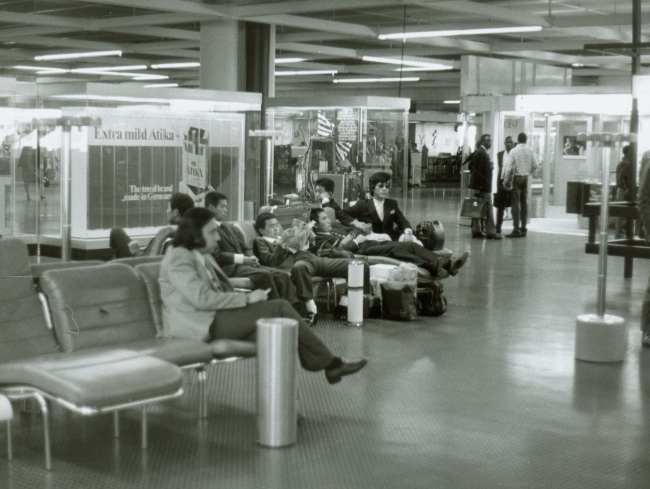Migration and mobility have become central topics in the creation of social identity. The question of what distinguishes ‘migration’ from ‘flight’ or ‘mobility,’ and which people are categorized as ‘desirable’ or ‘undesirable’ or as ‘foreign’ or ‘belonging,’ has been (and still is) the subject of fierce debates. The controversies in history have mostly revolved around the criteria of belonging, the practices of inclusion and exclusion, and thus the question of what should constitute European societies at their core.
This field of research asks which parameters shaped the understanding, practice and social treatment of migration in Europe in the twentieth century. We focus on the identification and categorization of people as the ‘migrant other,’ on processes of ethnicization and discrimination, on the forms and scope of migrant agency, on the infrastructural character of migration regimes, and on how attributions, practices and infrastructures have changed over time. Methodologically, the projects work with praxeological, social, knowledge and conceptual history approaches.
Migration and Mobility

Frankfurt Airport, Terminal 1, Transit B in the 1970s, author: Milan Skaryd, Photo credits: Fraport Archiv, Copyright: Fraport AG.
